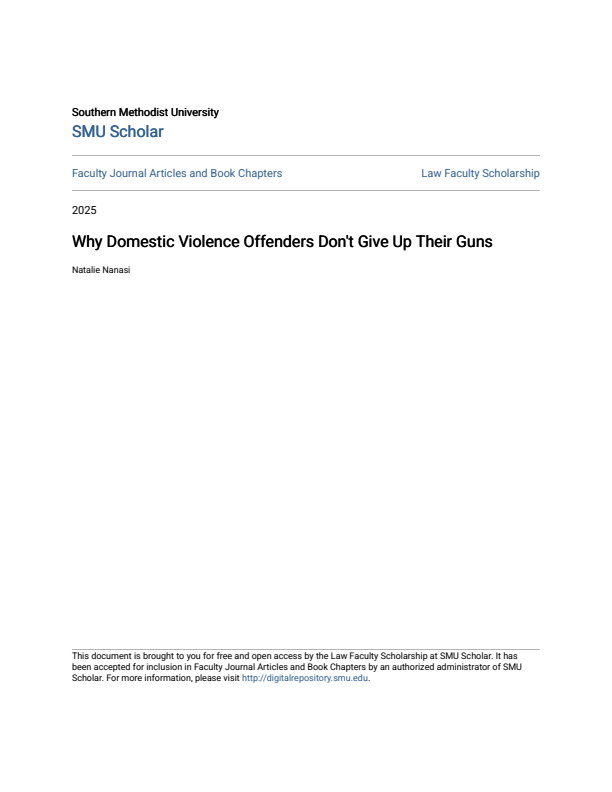By Faride Perez Aucar
In 2020, the world experienced an unprecedented global health crisis with the spread of COVID-19 and historic uprisings for racial justice in the aftermath of the state-sanctioned murders of George Floyd and Breonna Taylor. The pandemic illuminated extreme health inequities and the many harms of incarceration, when prisons, jails, and detention centers largely failed to protect incarcerated people from illness and death. The racial justice uprisings highlighted a long history of anti-Black racism and terror in the country. They also invigorated movements towards racial justice and helped elevate long-standing calls to abolish the prison industrial complex, defund the police, and invest in communities most impacted by mass incarceration and structural racism. In 2022, the U.S. Supreme Court overturned Roe v. Wade, immediately restricting access to abortion across the nation and sparking further efforts to criminalize and block access to reproductive health care. Simultaneously, conservative policymakers, fueled by misinformation and fear, began to increase “Reproductive justice is ‘the human right to own our bodies and control our future, the human right to have children, the human right to not have children, and the human right to parent the children we have in safe and sustainable communities.’” —SisterSong attacks on transgender people, introducing and passing unprecedented numbers of policies across the nation that threaten and harm the ability of transgender, nonbinary, and queer people to live authentically and with dignity and safety. The incoming Trump administration appears poised to launch additional federal-level attacks on both reproductive health care access and the LGBTQ+ community. These rising threats to bodily autonomy call for a recommitment to reproductive justice as a framework and a goal. As defined by SisterSong, reproductive justice is “the human right to own our bodies and control our future, the human right to have children, the human right to not have children, and the human right to parent the children we have in safe and sustainable communities.” The reproductive justice movement and framework have always demanded that we look beyond access to abortion and contraception and firmly ground our analysis in racial justice and the right to bodily autonomy for all—including people who are incarcerated and/or disproportionately impacted by criminalization. In alignment with abolitionist movements, reproductive justice advocates have long held that incarceration in and of itself is a reproductive injustice and an affront to the right of bodily autonomy. Against a national backdrop of anti-abortion extremism culminating in the fall of Roe v. Wade and the proliferation of attacks on reproductive health care across the country, reproductive justice advocates in California have worked in recent years to expand access to care and protections for incarcerated people with major success. Nationally, women constitute the largest growing segment in the incarcerated state prison population, entering at twice the pace of men. In California, since 1980, the number of women in jail has increased by 210%, and the number of women in prison has increased by 433%, translating to about 25% of the total prison and jail population. Women make up a significant subpopulation of the incarcerated population in California: Approximately 5,793 women were incarcerated in state prisons as of 2017, and about 9,443 were incarcerated in jails as of 2015. Just over 1% of California’s prison population—or 1,617 incarcerated people—identify as nonbinary, intersex, or transgender, according to the California Department of Corrections and Rehabilitation (CDCR).8 According to a survey of nonbinary, transgender, and intersex individuals in California women’s prisons conducted by the California Office of the Inspector General, 24.4% of respondents identified as nonbinary, 51.2% identified as transgender, and 4.8% identified as intersex.9 Nearly all California carceral facilities continue to place transgender people, along with nonbinary and two-spirit people,10 in sex-segregated facilities based on their genital anatomy rather than their gender identity, gender expression, or where they feel most safe—despite state laws intended to change this.
San Francisco: ACLU of Northern California, 2025. 50p.





















